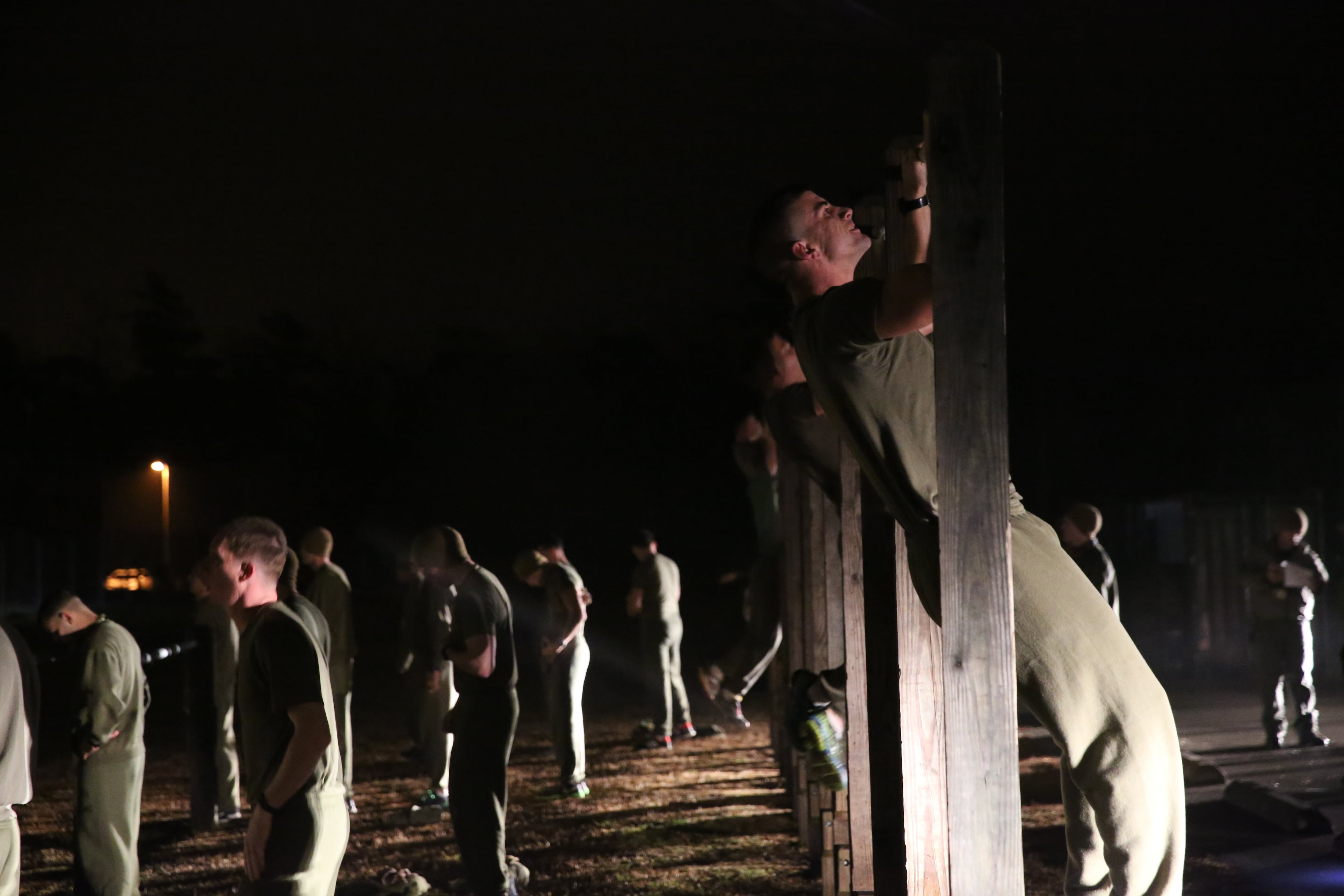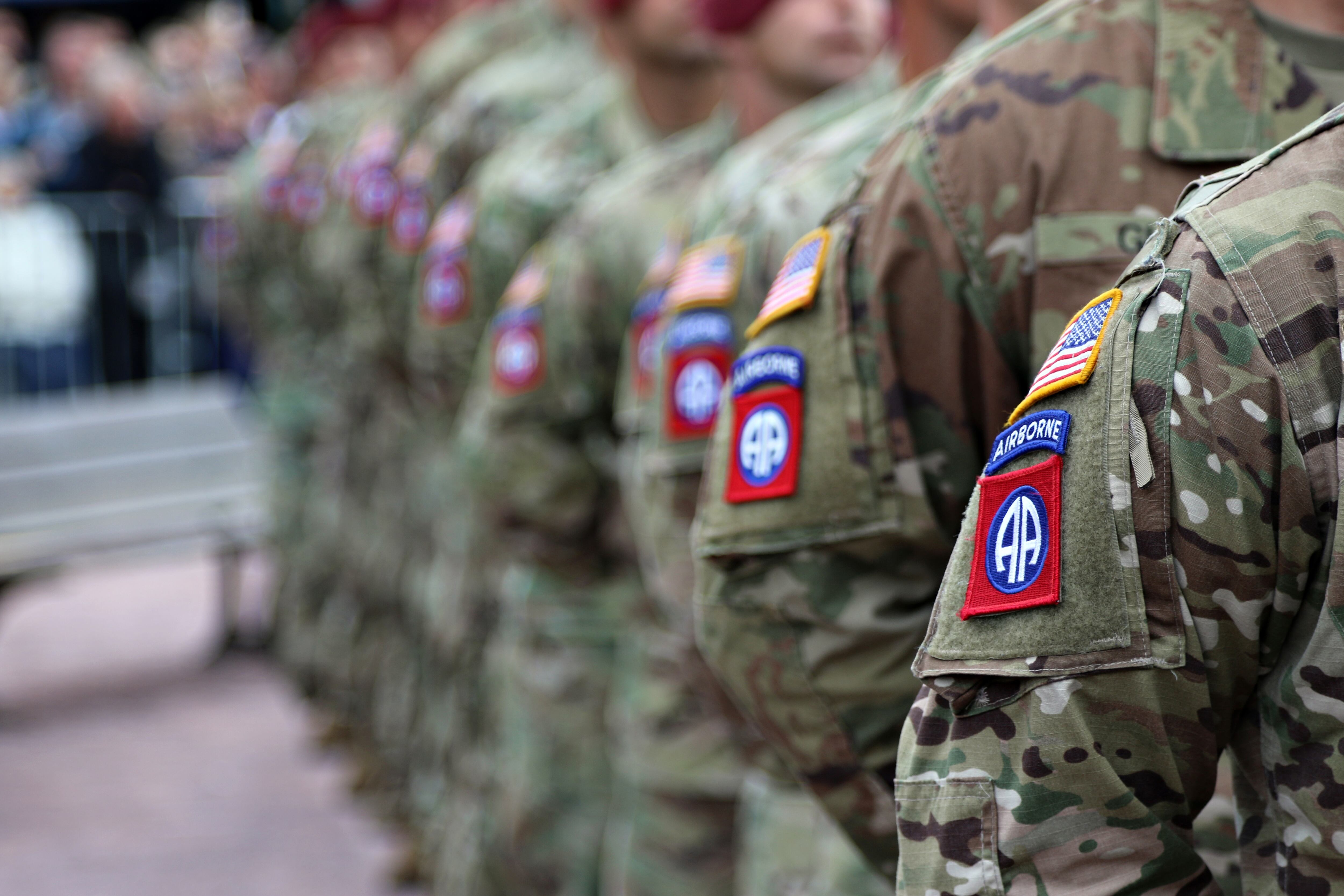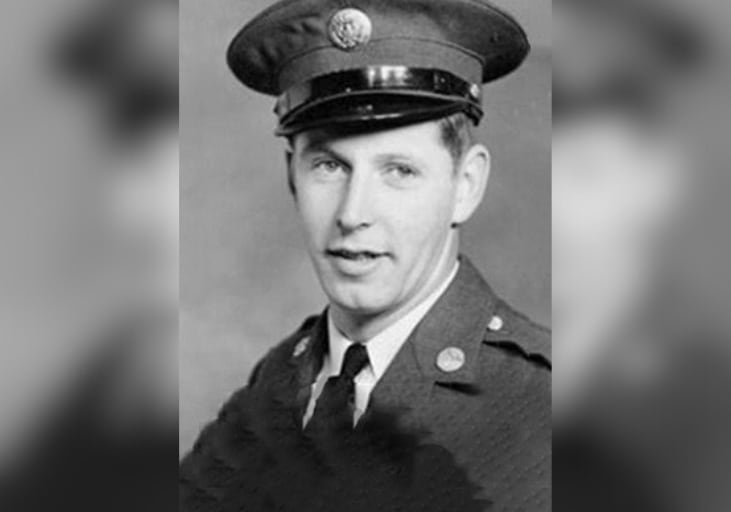A female staff noncommissioned officer will be the first woman to attempt MARSOC's rigorous selection process, Marine officials confirmed. While the military and the country debate the finer points of gender integration into the combat arms professions, the Corps’ elite special operations forces - and one Marine in particular - are already ahead of the curve.
An East Coast-based staff sergeant in the administrative community will attempt Marine Corps Forces Special Operations Command's six-week assessment and selection course in August, said Capt. Barry Morris, a MARSOC spokesman. The Marine will be the first woman to attempt the multi-phased preparatory course officials confirmed this weekend that a staff sergeant will be the first woman candidate to the Raiders’ next Assessment and Selection process, making her the first female within the U.S. Special Operations Command to do so since the military lifted its decades-old ban on women serving in combat roles earlier this year.
If she makes it through both three-week phases and is selected to attempt MARSOC's Individual Training Course, she could go on to become the first-ever female critical skills operator. The unnamed non-commissioned officer, an Administration Marine from the East Coast, is expected to have boots on deck for the next A&S iteration in August, barring any changes in her status which might prevent her from attending, said Capt. Barry Morris, a MARSOC spokesman.This puts the Marine on the path to become the decade-old spec ops command’s first female critical skills operator.
The first phase of the assessment and selection process includes a mix of classroom instruction and physical training. Marines have to prove they are fit for the fundamental skills required of Raiders by meeting tough running, swimming and hiking requirements.

Marine perform pullups during Phase I of MARSOC's assessment and selection course aboard Camp Lejeune, N.C. Women attempting the course must meet the same requirements as men.
Photo Credit: Lance Cpl. Steven Fox/Marine Corps
Even those who make it through the training aren't guaranteed a spot in the second phase — which is even more mentally and physically demanding. Only the most qualified candidates make it to MARSOC's nine-month Individual Training Course, where Marines hone their skills to become full-fledged special operators. Once qualifications are met, Marines applying to become Raiders must first undergo a rigorous three-week preparatory orientation course for the A&S process, where candidates are indoctrinated into the Raiders’ world. If successful, they then undergo a second three-week course, which stretches physical and mental endurance to the max through a series of extended ruck marches, land navigation, swimming and mental aptitude tests.Candidates who make it through these phases will then receive orders to attend the next nine-month, four-phase Individual Training Course, where they will hone their skills to become full-fledged special operators.
In January, MARSOC received at least three applications from women interested in becoming Raiders. to join the Raiders’ training pipeline. The news that one of them made the cut, first reported by Military.com, marks the next chapter in the command's elite force’s aggressive approach to gender-neutral training standards - and objective training standards.
MARSOC ensured those gender-neutral standards were in place last October, two months ahead of Defense Secretary Ash Carter’s announcement in December that all gender-based restrictions on combat arms jobs would be lifted. The command then and actively set out to recruit women to its ranks.
MARSOC officials stress that none of that means it has gotten any easier to become an elite Raider.
"With clearly articulated and codified standards, MARSOC will enhance its ability to screen and select the best and most fully qualified Marines to become critical skills operators and special operations officers, increasing the overall combat readiness of our force," Morris said in January. "No matter the gender, all critical skills operators will receive the same level of training."
Matthew L. Schehl covers training and education, recruiting, West Coast Marines, MARSOC, and operations in Europe, Africa and the Middle East for Marine Corps Times. He can be reached at mschehl@marinecorpstimes.com.





